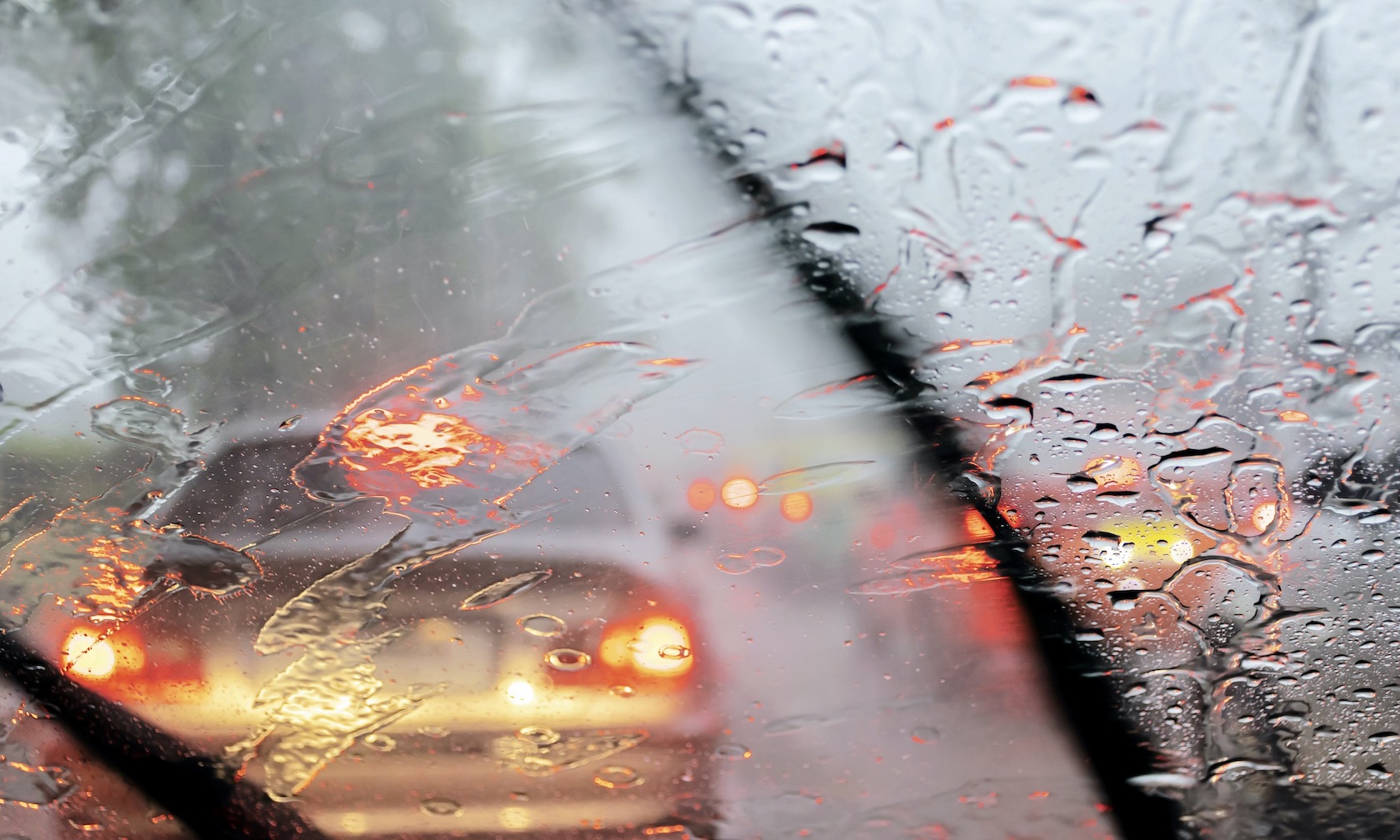🚗 Safe Driving Tips to Prevent Car Accidents
As the rainy season approaches, so does the risk of car accidents and serious personal injuries. Each year, thousands of drivers in California are injured in weather-related crashes that could have been prevented with proper caution. As a personal injury lawyer in Los Angeles, I have seen firsthand the devastating consequences of rainy-weather accidents, including catastrophic injuries and wrongful death claims. The good news? Many of these tragedies are avoidable if drivers adjust their behavior when roads are wet and visibility is reduced.
🌧 Why Rainy Weather Increases Car Accident Risks
Driving in the rain creates unique hazards that demand extra caution. Poor visibility, slick road surfaces, and impatient drivers combine to make collisions more likely. According to the Federal Highway Administration, over 1.2 million weather-related crashes occur annually in the U.S., and 70% of them happen on wet pavement.
Some of the most common causes of rainy-weather crashes include:
- Reduced visibility: Raindrops and glare from headlights make it harder to see the road and other vehicles.
- Hydroplaning: A thin layer of water causes tires to lose traction, leading to sudden skids or spinouts.
- Increased stopping distance: Wet brakes and tires require more time and space to stop safely.
- Driver overconfidence: Modern vehicles may give a false sense of security with traction control systems, but physics still applies on slick roads.
⚠️ Safety Tips for Driving in the Rain
Follow these expert safety rules to reduce your chances of a serious accident in stormy conditions:
Rule #1: Stay Calm if You Hydroplane
If your car begins to hydroplane, avoid slamming the brakes or making sharp steering movements. Keep your steering gentle and steady. Sudden inputs may cause your car to spin out, especially in rear-wheel-drive vehicles.
Rule #2: Ease Off the Accelerator
Lift your foot slowly off the gas pedal. This helps your tires regain contact with the road surface, allowing you to safely steer back into your lane.
Rule #3: Increase Your Following Distance
Always leave extra space between your vehicle and the car ahead. On wet pavement, your stopping distance can double. If another driver is tailgating you, carefully change lanes to avoid a rear-end collision.
Rule #4: Avoid Hard Braking
Slamming on the brakes can trigger a dangerous skid. Instead, brake gently and in a straight line. If your vehicle has anti-lock brakes (ABS), apply steady pressure—do not pump the brakes.
Rule #5: Maintain Your Tires
Tires are your first line of defense in wet weather. Ensure your tread depth is above 1/6 of an inch and check tire pressure regularly. Bald or underinflated tires dramatically increase the risk of losing control in the rain.
🚦 Legal Implications of Rain-Related Car Accidents
Even when weather plays a role, negligent drivers can still be held responsible for crashes. Speeding, distracted driving, or failing to adjust to conditions may expose drivers to liability for injuries or fatalities. Victims may pursue compensation for:
- Medical expenses and long-term rehabilitation
- Lost income and reduced earning capacity
- Pain and suffering
- Wrongful death damages for surviving family members
If you or a loved one has been injured in a rainy-weather crash, consulting an experienced personal injury attorney can help protect your rights and ensure you receive the compensation you deserve.
✅ Stay Safe This Rainy Season
With a few precautions—slowing down, maintaining your car, and staying alert—you can reduce your risk of an accident during the rainy season. Remember: getting to your destination safely is far more important than getting there quickly. Your safety, and the safety of those around you, depends on every driver making responsible choices in wet conditions.
Bottom line: Drive smart, stay safe, and when negligence causes preventable harm, know that legal remedies are available to hold reckless drivers accountable.
Disclaimer: This content is for informational purposes only and does not constitute legal advice. Please consult with a licensed attorney regarding your specific situation.

